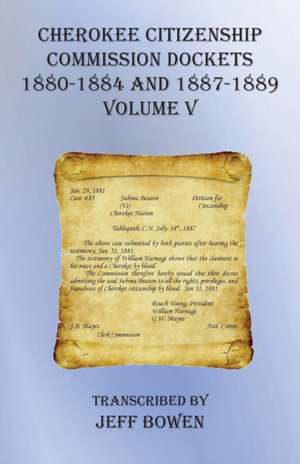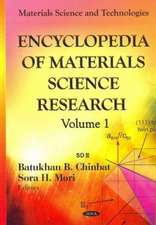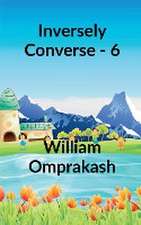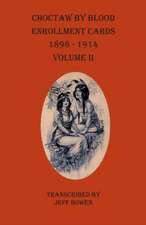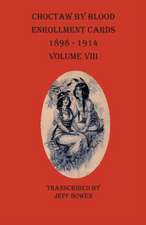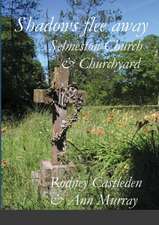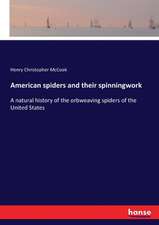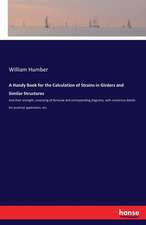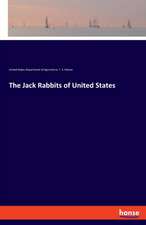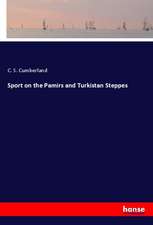Cherokee Citizenship Commission Dockets Volume V
en Limba Engleză Paperback – 3 sep 2020
Preț: 289.77 lei
Nou
Puncte Express: 435
Preț estimativ în valută:
55.45€ • 57.20$ • 46.27£
55.45€ • 57.20$ • 46.27£
Carte tipărită la comandă
Livrare economică 26 martie-09 aprilie
Preluare comenzi: 021 569.72.76
Specificații
ISBN-13: 9781649680624
ISBN-10: 1649680627
Pagini: 416
Dimensiuni: 140 x 216 x 24 mm
Greutate: 0.58 kg
Editura: Native Study LLC
ISBN-10: 1649680627
Pagini: 416
Dimensiuni: 140 x 216 x 24 mm
Greutate: 0.58 kg
Editura: Native Study LLC
